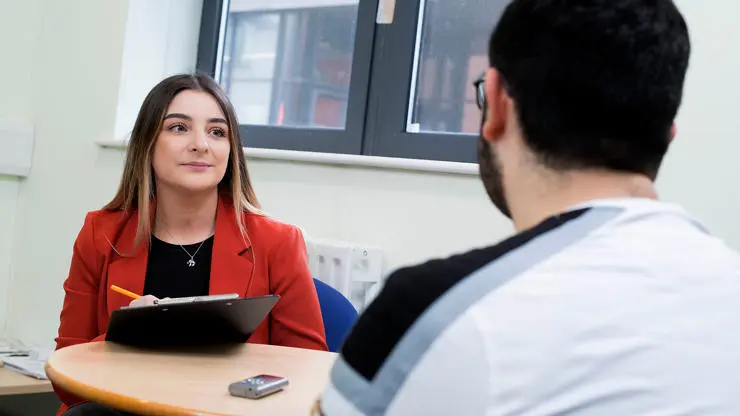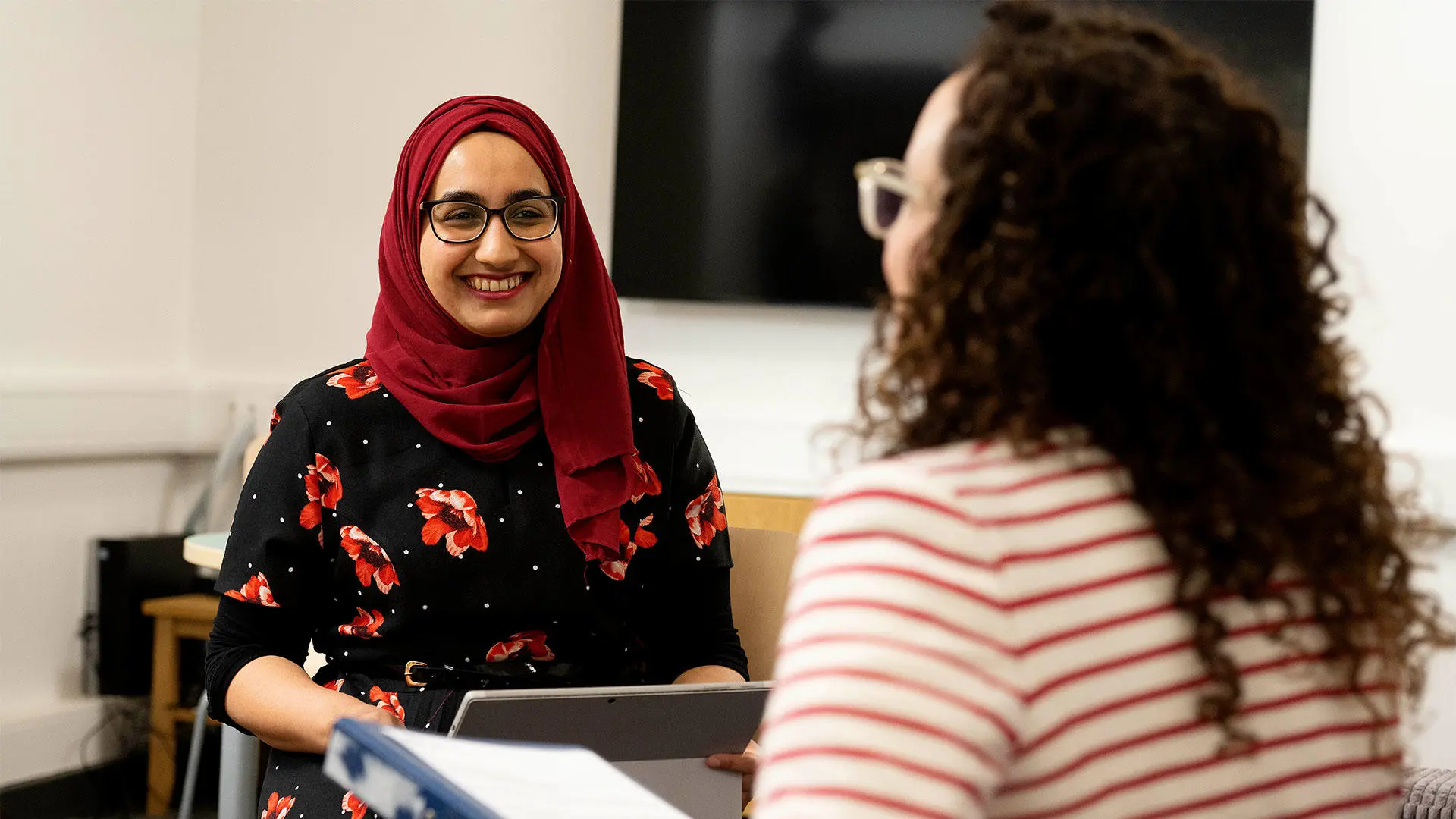What is a psychologist?
A Chartered Psychologist is trained to understand the mind, including various mental health conditions. You will meet patients who might be struggling with anxiety, depression, addiction, OCD or something else. You will employ techniques like talking therapy to treat patients.
It takes around 6 years to become a psychologists, due to the amount of training required. This includes a British Psychological Society accredited undergraduate and postgraduate degree in psychology.
You can specialise in specific areas of psychology, including clinical psychology, forensic psychology and child development psychology. For example, a clinical psychologist is what we generally think of as a psychologist. You will work within a health or social setting to help people with mental health problems. A forensic psychologist, on the other hand, will work with police to help investigate crimes and understand criminal behaviour.

How much does a psychologist earn?
Once you are fully qualified, you can expect to earn a wage of £42,000 to £96,000. If you become a head of service, you could earn over £100,000.
Day-to-day duties
Your duties as a psychologist can vary depending on what area you decide to specialise in. Here's what an average day might look like if you choose to become a clinical psychologist:
- Meet with patients
- Treat patients with techniques like CBT or talking therapy
- Signpost other services and charities
- Refer patients needing further treatment
- Admin tasks like writing letters or booking appointments
- Keep up to date with the latest research and development
- Conduct research or studies
What skills do you need?
Do you need a degree?
Yes, you need a degree to become a psychologist. This is because it’s a specialist role working with vulnerable or mentally ill people. You therefore need extensive knowledge and training, including:
- A Bachelor degree in psychology
- A Master’s degree in a specialist area of psychology (clinical, forensic, child etc)
These degrees should be accredited by the British Psychological Society (BPS). This will allow you to attain the status of Chartered Psychologist. This is vital to get a job as a psychologist.
Our degrees
Our BSc Psychology is accredited by the BPS. You’ll study the core areas of psychology and can specialise in your area of interest as you progress. You’ll have access to our excellent facilities, including observation suite and brain-imaging lab. You can also study abroad or complete a year in industry. This can help you gain valuable experience to get a job.
We also offer a BSc Clinical Psychology degree, which is accredited by the BPS. This is similar to our BSc Psychology course, but with an emphasis on clinical psychology. You will still be able to branch out into other specialised areas through optional modules.
Graduate Basis for Chartered Membership
Once you have graduated from an accredited degree, you can apply for Graduate Basis for Chartered Membership with the BPS. This is a requirement for many accredited postgraduate courses, which will allow you to become a Chartered Psychologist. This is therefore another important step in how to become a psychologist.
Postgraduate degree or further training
You will also need to complete a postgraduate degree or further training depending on the role you want to pursue. For example, to become a CBT therapist you may only need to take a 12 week course. However to become a clinical psychologist, you may need to complete a Doctorate.
Work experience
It is also important to gain work experience. Most graduates look for a role as an assistant psychologist to begin with. This will allow you to work closely with a Chartered Psychologist, taking part in the diagnosis and discussion of a patient's condition. You may also be able to help with treatment and intervention. This will give you a good understanding of how the mental health field works and hands-on experience with patients.
If you study psychology at the University of Central Lancashire, you will have the opportunity to complete a year in industry, which can give you real-world experience and enhance your CV. You can also join a paid research intern scheme over summer. This is the largest internship scheme of its kind and will help you to develop your research skills, preparing you for further study.
We hope this has helped you understand how to become a psychologist. You will need a BPS accredited undergraduate and postgraduate degree. Take a look at our BPS accredited psychology degrees below.
Where next?
- Article
How to become a therapist
- Course
Psychology, BSc (Hons)

